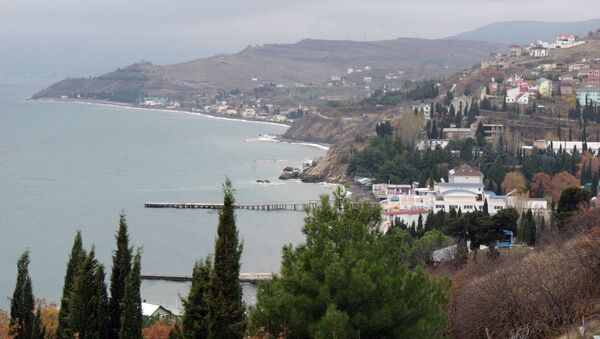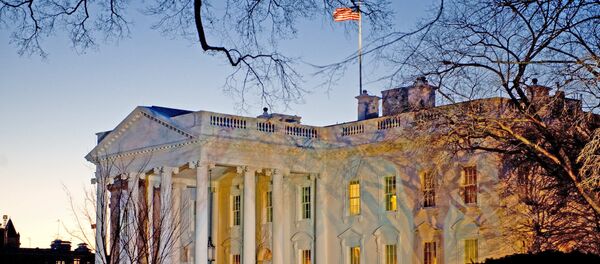At the same time, he fully expects to and wants to be able to get along with Russia, “unlike previous administrations, so that we can solve many problems together facing the world, such as the threat of ISIS [Daesh] and terrorism.”
Spicer added that the US position regarding the Western sanctions imposed on Russia remains unchanged.
Kremlin spokesman Dmitry Peskov later said that Russia would continue its de-escalation efforts in Ukraine and would “patiently and consistently” be explaining to its partners, the US included, the reasons why Crimeans decided to rejoin Russia.
“The subject of returning Crimea will not be discussed… Russia does not discuss its territorial integrity with foreign partners,” Peskov told a conference call with reporters.
In an interview with Radio Sputnik, Vladimir Batyuk, a senior expert with the US and Canada Institute in Moscow, said that “Trump’s statement on Crimea was an attempt to appease the anti-Russian US establishment.”
Batyuk added that the new US administration was still in the making and that this could also be a factor behind the tough rhetoric used by Trump and some members of his Cabinet.
“The Trump administration has not been formed yet, and the longer it takes to shape up the longer we’ll have to hear statements like ‘we expect good relations with Russia and demand that it give Crimea back,’” Batyuk noted.
He also said that for Donald Trump, just like for any other US president, foreign policy always takes the back seat to economic reforms at home.
"I think that here he is going to be much tougher than on the issue of Crimea,” Vladimir Batyuk emphasized.
In a 2014 referendum, over 95 percent of Crimeans voted to become part of the Russian Federation. Russia has repeatedly dismissed as absurd attempts to make the lifting of the Western sanctions contingent on the implementation of the Minsk accords on ending the conflict in Donbass.
Never miss a story again — sign up to our Telegram channel and we'll keep you up to speed!




